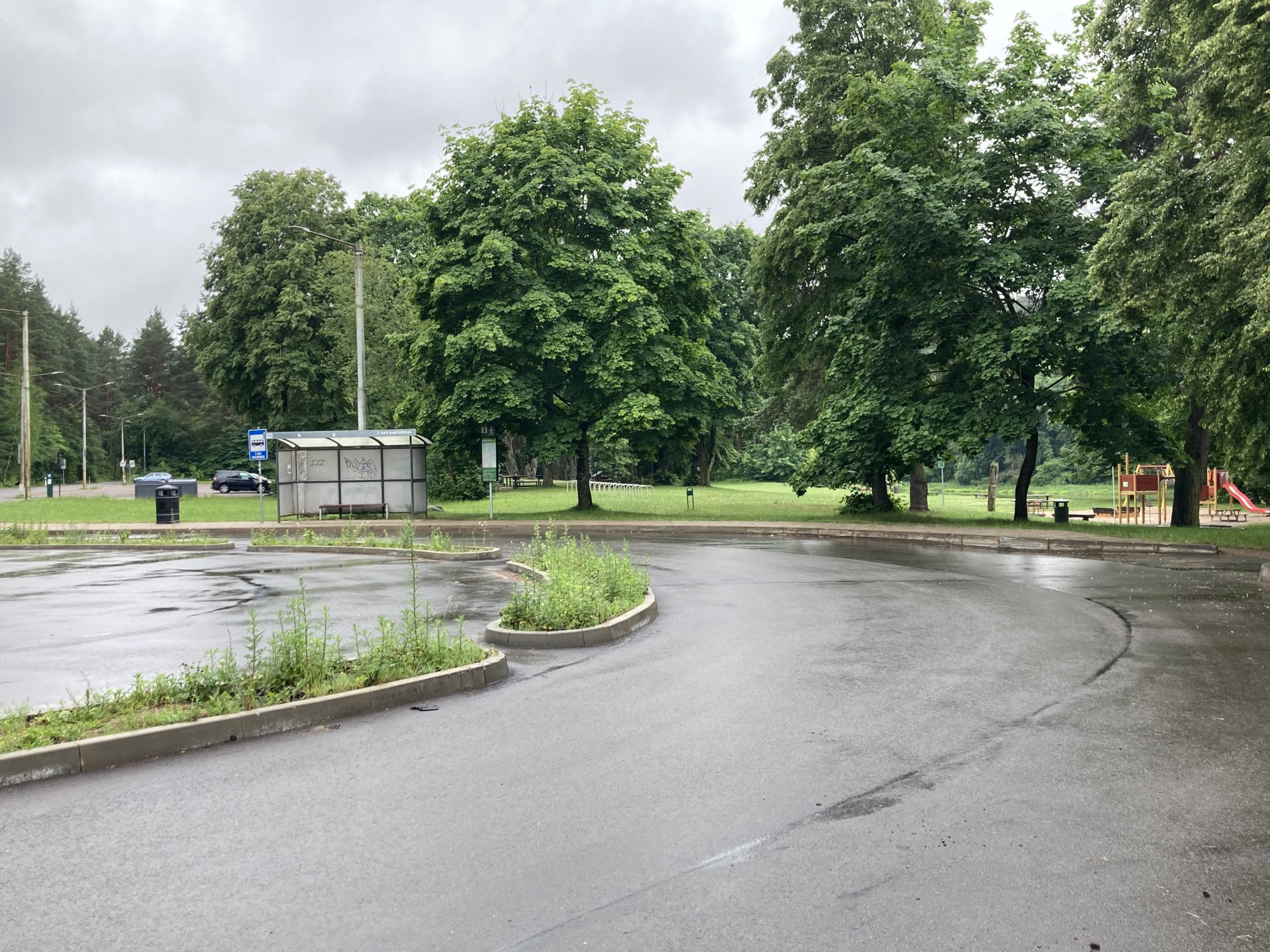Perhaps it is the fresh eyes of being somewhere new, but perhaps it is what I always feel on continental Europe, but one thing its hard not to notice the emphasis in the built environment on supporting living well out in the open. This might be the prevailance of trees, of manually built/scaled street infrastructure (steps, walls, pavements, built of hand-sized rock) and the low-managed edge spaces and greenery in this infrastructure. But it is also the adventure parks, the river swimming infrastructure (changing cabins), open access forest with foraging minutes from the city, the BBQs. True, other cities have this. But the space, generosity, openness, and prevalence of these infrastructures of living outside are, like other places in Europe, notable in contrast to the UK (which, as Brett Christophers puts it, has some of the “longest-standing and most ingrained structures of wealth distribution and inequality” Christophers, 2023: 34).
This contrast with the UK, whose model of social organisation and therefore its ‘public’ realm is based on the stability of a centuries-long model of highly concentrated private ownership (which as Christophers shows is, for those as the sharp end of it, the ‘public’, little changed by the pervasive shift in housing and infrastructure ownership to what he calls asset management society, as exemplified by the Duke of Westminster’s Grosvenor Group (Christophers, 2023; 34)) is useful in as much as one of the noticeable features of the housing infrastructure here is (like much of Europe) its density. This density would, it seems, mandate for a great density and relative volume of public / spatial infrastructure for living: parks, bike paths, open space, leisure, etc. This, of course, tied in with the inheritance of Socialist and Social-democratic political histories anathema to the British ruling class.
Additionally, something I discussed with the curator here at Rupert, is the deeper integration (cf. the UK) of public rituals or celebrations associated with the ‘natural’ world – in this case, like much of the north, Midsummer and the folk singing Sutartines, which arose out of rural work songs – songs to work to, that are sung as part of the event.
*Christophers, B., 2023, Our Lives in Their Portfolios: Why Asset Managers Own the World (London: Verso)
